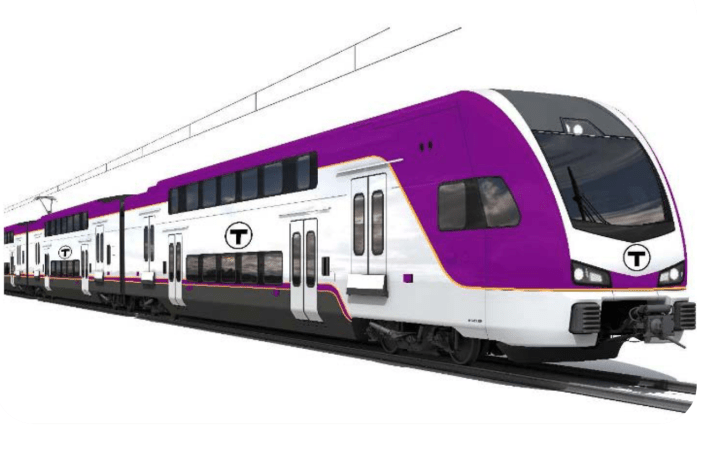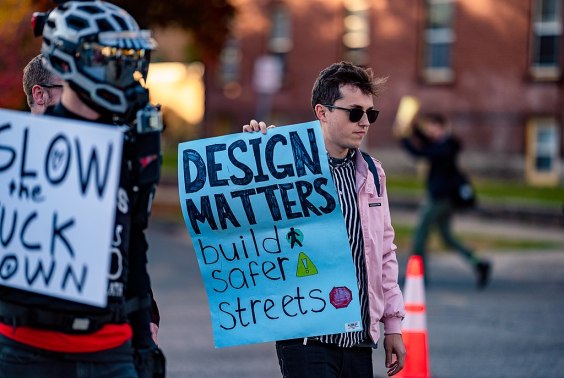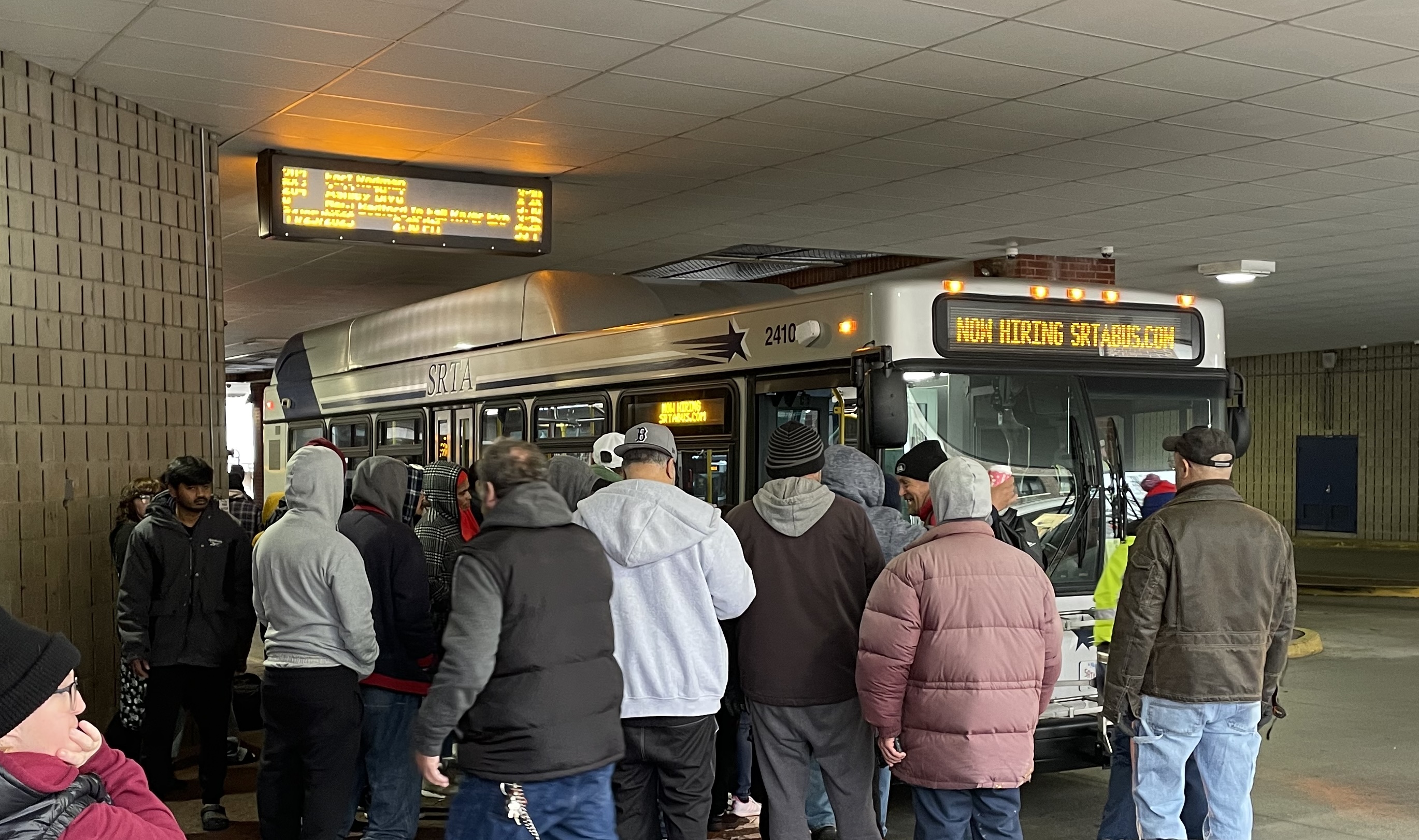The MBTA is moving ahead with plans to electrify the Fairmount Line with a major purchase of new electric trains – but by outsourcing the purchase to a private company, the agency is also avoiding transparency requirements that would typically be required for such a large contract.

In January, Keolis, the private company that operates the MBTA's commuter rail system, announced that it had issued a "request for proposals" (RFP) for new battery-electric trains to run on the Fairmount Line by 2028.
It's a major step towards implementing the T's plan to start running trains every 20 minutes South Station and Readville using faster, cleaner electric trains, which would replace existing diesel locomotives.
“The step to bring battery electric multiple unit trains to our passenger rail routes is hugely important to modernizing the system, helping us reach greenhouse gas reduction goals, and lowering health risks for residents who live near rail corridors,” said MassDOT Secretary and CEO Monica Tibbits-Nutt in a Keolis press release.
Public transit with privately-owned trains
When the MBTA issues "requests for proposals" for major purchases, like a new train fleet, state and federal transparency laws require the agency to make their bid documents and bid responses public. The T publishes its bid documents on its website.
Those bid documents typically include important technical details about what the T is looking for from train manufacturers, and how they will weigh differences among competing bids to arrive at a decision.
But because the T is outsourcing the purchase of these new electric trains to Keolis, a private company, those transparency laws might not apply.
StreetsblogMASS reached out to Keolis to try and ask for a copy of its request for proposals documents in January.
Jake O’Neill, the Keolis Manager of Media Relations and Public Affairs, responded that "the Request for Proposals (RFP) issued by Keolis for the procurement of the battery-electric multiple units for the Fairmount Line Decarbonization project contains proprietary Keolis information. As such, we are unable to provide the actual RFP documents."
An MBTA spokesperson also declined to provide a copy of the RFP documents, and told us to ask Keolis.
Lease later
Last July, the MBTA Board of Directors approved a $54 million "project delivery partnership" with Keolis to find a train manufacturer, plan and design necessary infrastructure, and do various other tasks to prepare the Fairmount Line for electrified service.
At that meeting, Mike Muller, the T's Director of Commuter Rail, told Board members that trains, a new maintenance facility, and other infrastructure associated with the Fairmount electrification project "would then be procured in accordance with all public bidding requirements" (see also page 9 of Muller's presentation).
The MBTA's board will still need to approve a future lease agreement to pay for the new trains and their operation. Lease payments would be rolled into the future operating costs of the electrified Fairmount Line, which Muller estimated would be around $30 million a year.
An MBTA spokesperson told StreetsblogMASS that the lease agreement "triggers a financial commitment and manufacturer recommendation."
"The acceptance of the trains is subject to meeting performance requirements, FRA (Federal Railroad Administration) approval, and safety approval, which then triggers the start of lease payments," the spokesperson added. "The MBTA’s key approval points also include Keolis’s rolling stock manufacturer selection recommendation."





